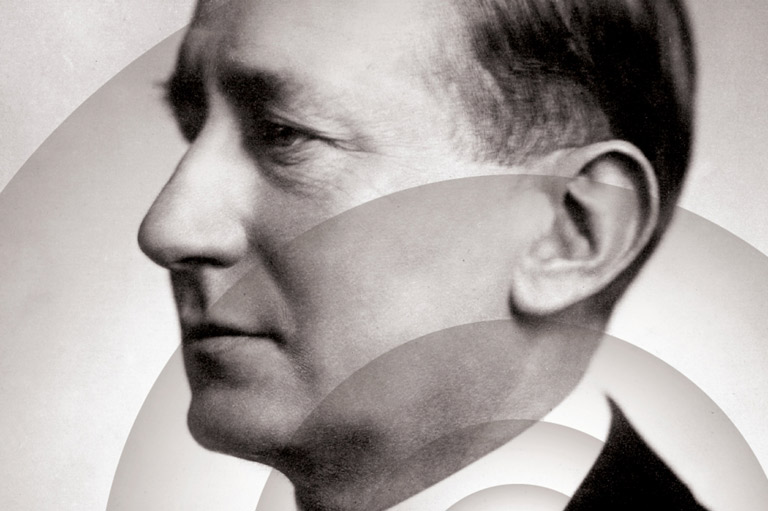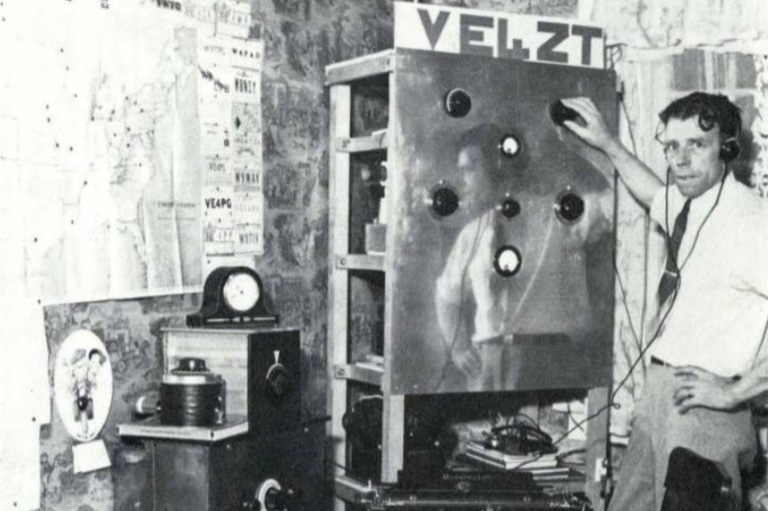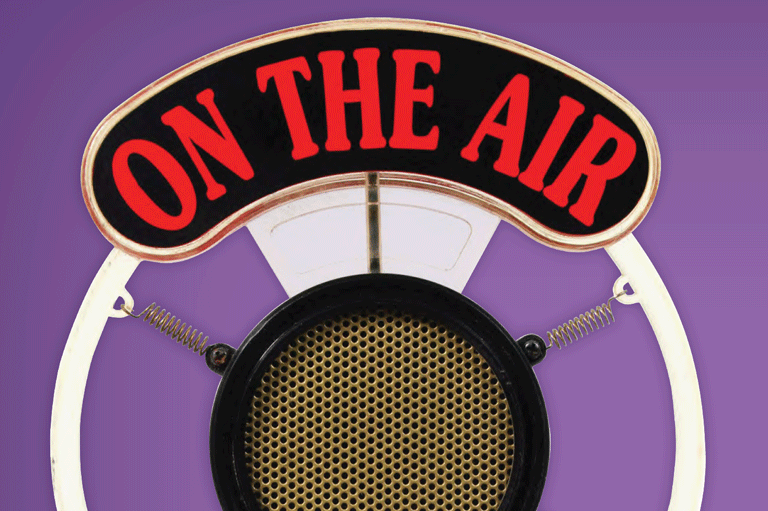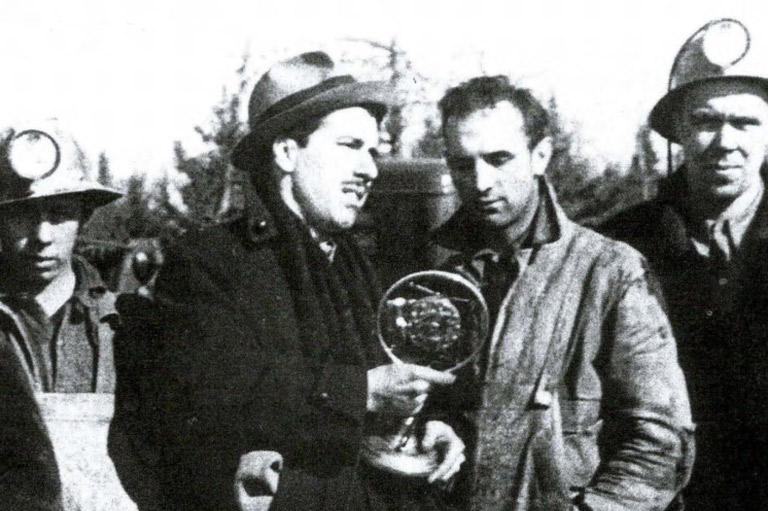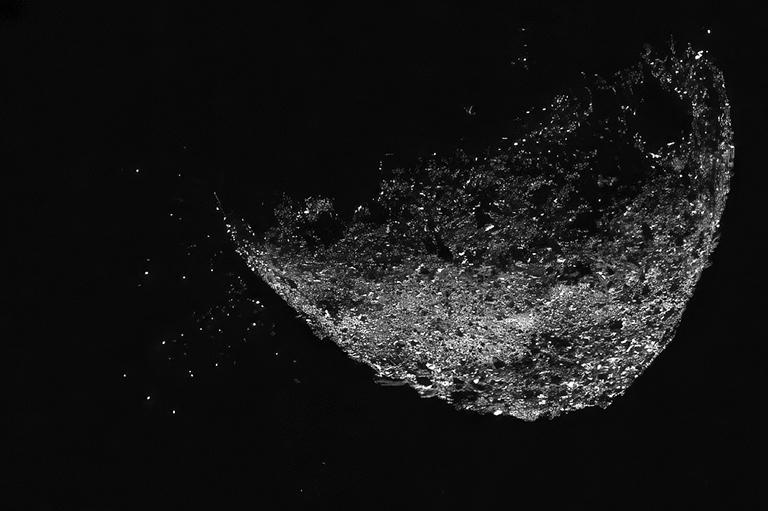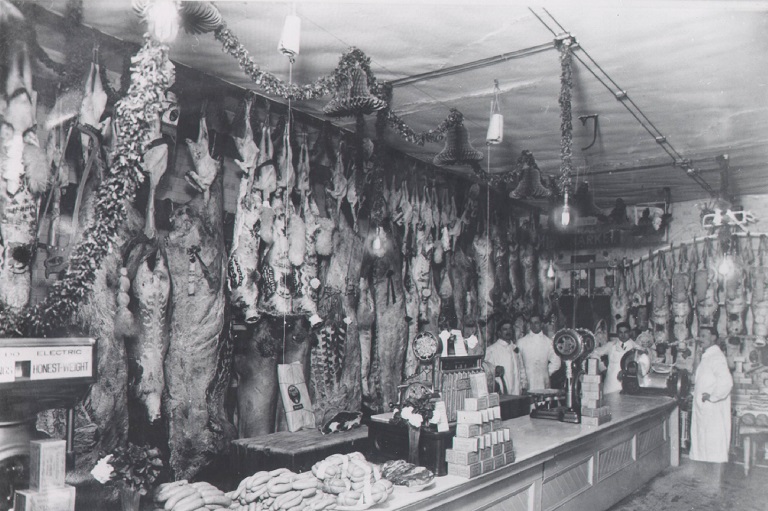Radio Pioneer Reginald Fessenden
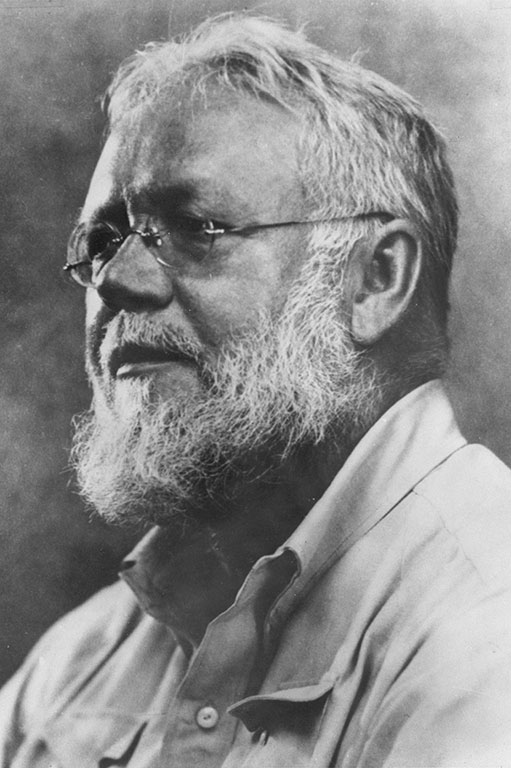
Many scientists were able to transmit radio signals over distances at the turn of the twentieth century, including Italy’s Gugliermo Marconi, who is renowned for his transatlantic telegraph transmissions to and from Canada’s East Coast. But it was Canadian Reginald Fessenden who developed the ability to transmit sounds like voices and music via radio waves.
Born in 1866 in East Bolton, Quebec, Fessenden was a gifted math student. He taught younger students while studying at Bishop’s University in Sherbrooke as a teenager, but left university without a degree at age eighteen. Two years later, he went to America and worked for his idol, Thomas Edison.
After holding positions with manufacturers and universities, Fessenden secured a contract to help the U.S. Weather Bureau develop a radio system. It was there that he began his advances in receiver design and made what is believed to have been the first audio radio transmission, in 1900.
With help from investors, Fessenden worked in Brant Rock, Massachusetts, to develop the advanced transmitters he used in the first two-way transatlantic radio transmissions and in the first broadcast of music and entertainment — a Christmas Eve concert to ships at sea. Fessenden received numerous awards and hundreds of technology patents before he died in 1932.
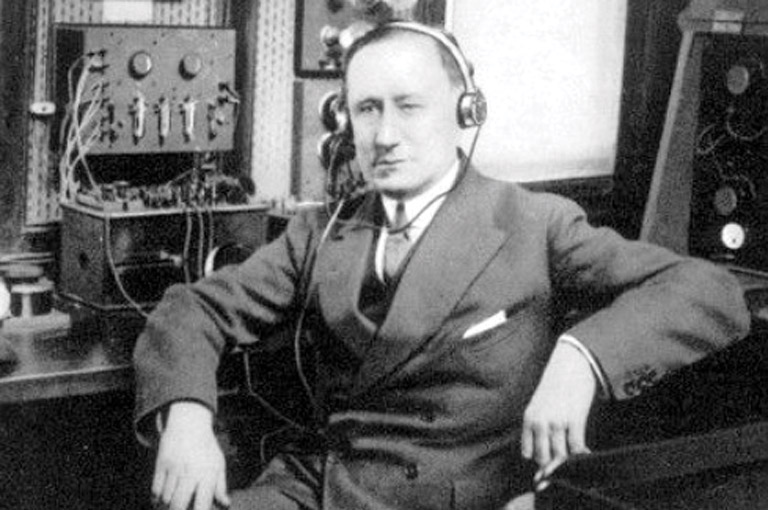
With 7 uniquely curated newsletters to choose from, we have something for everyone.
Themes associated with this article
Advertisement

